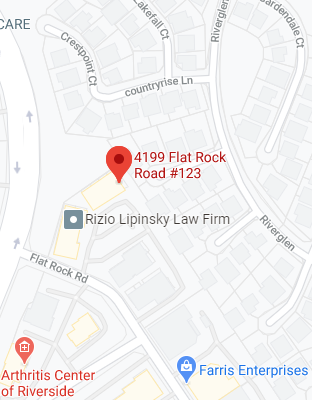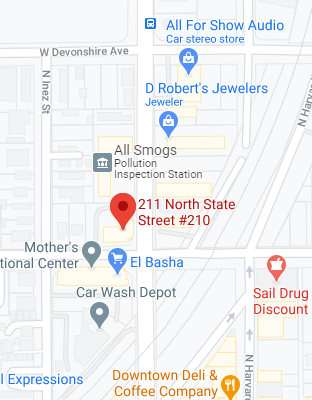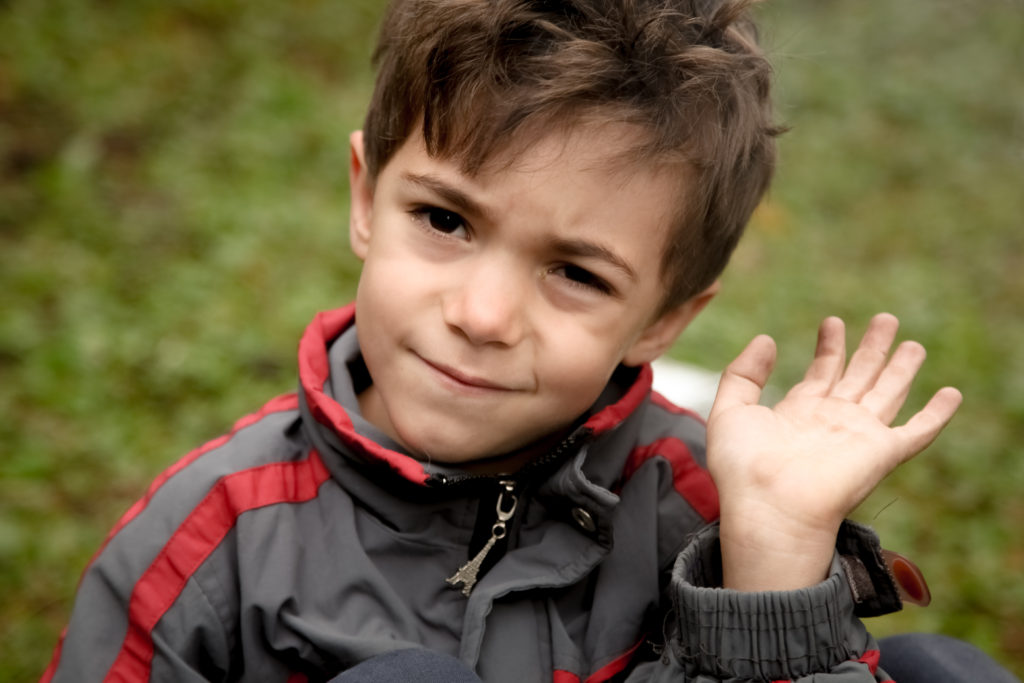
Is history repeating itself?
As a college student who protested for the end of the Vietnam War, I recall the social chaos and political confusion that emerged when Vietnam refugees began to enter the U.S., many in the Southern California area.
I remember the hostility of many Americans, while kids and adults from abroad tried to make sense of their new surroundings and a culture most had never been exposed to.
In the aftermath of the Vietnam War, I believed we had a moral obligation to help those Southeast Asians from Cambodia, Vietnam, and Laos, whose lives we had irrevocably disrupted.
Watching the consequences of another military engagement in a 20-year war that failed our allies, endangering their safety and stability, I feel we have a similar duty to refugees from Afghanistan.
I’m not alone in this opinion.
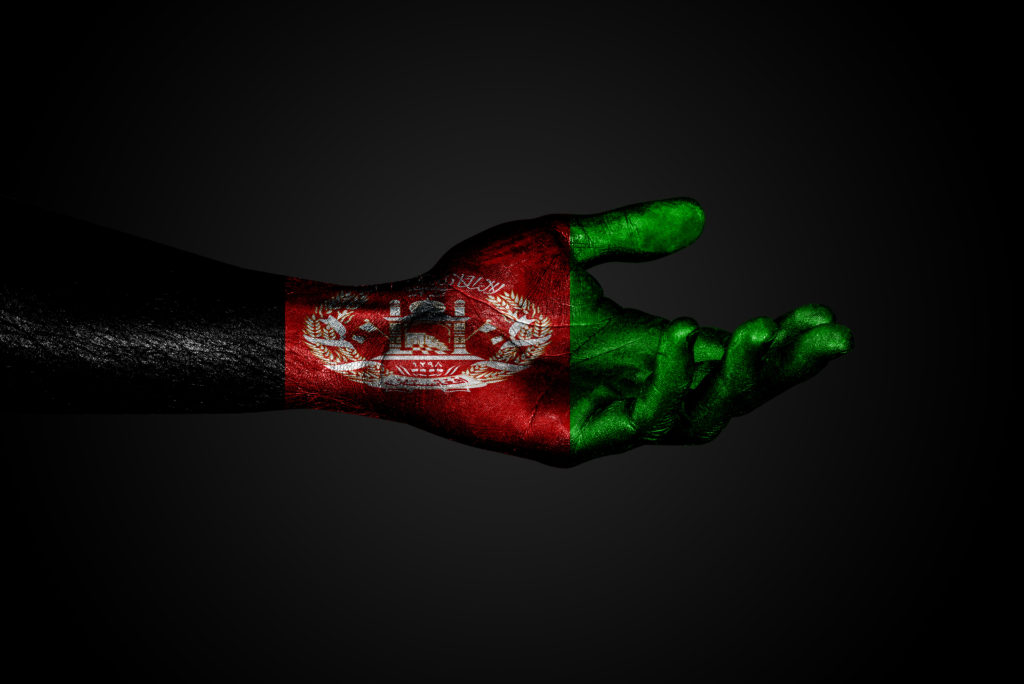
In a recent interview with Vox, Phuong Tran Nguyen, a former child Vietnamese refugee, a history professor at California State University, and author of “Becoming Refugee American: The Politics Of Rescue In Little Saigon”, discussed this parallel.
He noted that even though there are differences between the two conflicts, some of the same dynamics that existed when Vietnamese refugees were resettled in the I970s are present in today’s crisis involving Afghan refugees.
In particular, Nguyen pointed out the presence of xenophobia and political backlash that refugees experience and the logistics of resettling people in various communities.
Such matters exacerbate an already complicated adjustment process. Treating victims of a war they did not create as unwanted squatters seems both American and un-American at once.
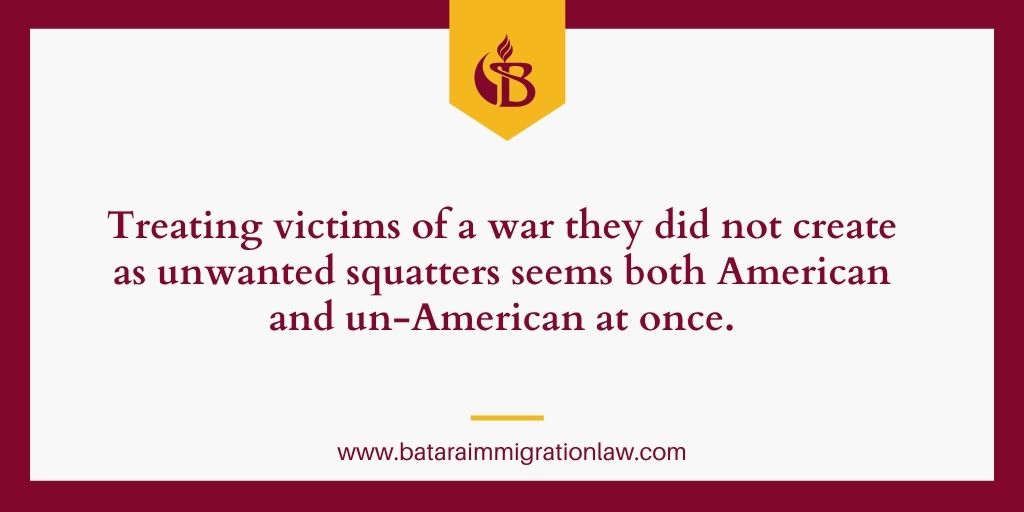
Nguyen stresses that in bringing Afghans to the U.S., the government needs to streamline its vetting procedures to quickly move endangered people to safety. To be successful, the resettlement should focus on preserving community while acknowledging the trauma that Afghan refugees have endured, instead of pushing assimilation.
Whereas it is the government’s responsibility to bring the refugees to safety, it will be up to us to help them preserve their sense of community while they adapt to life in a foreign land.
I hope this time we’re better prepared to the challenge.
Recommended Reading:
Ready to take a serious and honest look at the strengths and weaknesses of your immigration case? Let’s get started with a personalized strategy and planning session . . .
Here's How It Works
1
Call Our Office
Immigration law doesn’t have to be confusing. You don’t have to live in fear of being deported and separated from your family. A comprehensive 30-minute Strategy And Planning Session will take the stress out of not knowing your options first-hand.
2
Meet With Carlos
Every case is unique. We refuse to take cookie-cutter approaches to your case. After we discuss the ins and outs of your immigration and family situation, Carlos will outline your chances for success and how to overcome obstacles standing in your way.
3
No Pressure - No False
Promises
Hiring a lawyer is a big investment, and we will not pressure you to hire us or push you into a plan you don’t understand. If we cannot help you, we will tell you. We will not take your case, unless we believe we can make a difference for you and your family.


